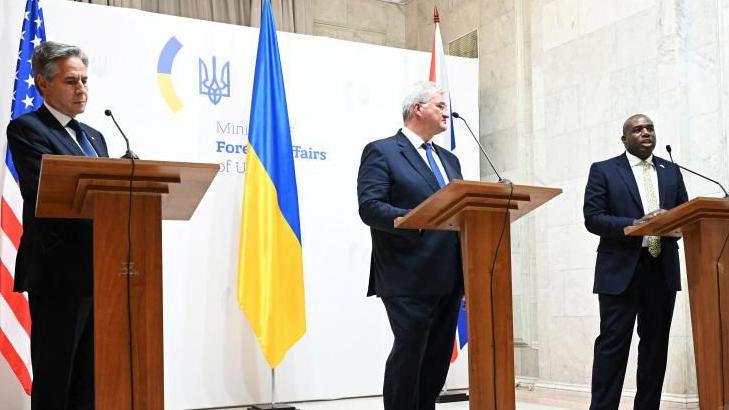No new pledge on Ukraine missiles after Starmer-Biden talks
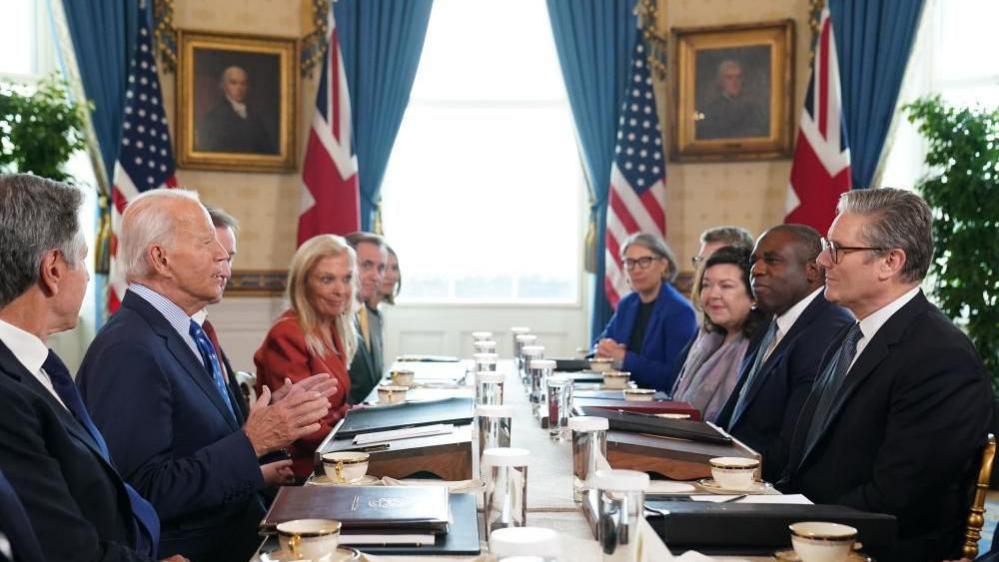
- Published
UK Prime Minister Sir Keir Starmer has held "productive" talks with US President Joe Biden about Ukraine – but he did not signal any decision on allowing Kyiv to fire long-range missiles into Russia.
Sir Keir said the talks in Washington concentrated on "strategy", rather than a "particular step or tactic".
The White House said the pair had also expressed "deep concern about Iran and North Korea's provision of lethal weapons to Russia".
Early on Friday, Ukrainian President Volodymyr Zelensky said Russia had launched over 70 Iranian-made drones across Ukraine overnight, and that his country needed more air defence and long-range capabilities "to protect life and our people".
"We are working on this with all Ukrainian partners," he said.
Ahead of the talks at the White House, Russian President Vladimir Putin warned Western nations not to let Ukraine fire long-range missiles at Russia.
Putin said such a move would represent Nato's "direct participation" in the Ukraine war.
But former UK defence secretary Sir Ben Wallace told BBC Radio 4's Today programme Nato should let Ukraine fire long-range missiles in Russia in spite of Putin's threats, adding that wrangling was just benefiting the Russian president.
"I'm just disappointed that it's yet again another tug of war around another capability," the former Conservative MP said.
Kurt Volker, former US special representative for Ukraine negotiations said Putin's comments were made to prevent further Western action.
"The reason Putin says those things is to achieve the result of deterring us from doing things - not that it has any bearing on what he's really going to do or really thinks," he told the Today programme.
Commenting on the debate over long-range missiles, he said the US "overplays the sense that this is a new red line that this would be so provocative to Russia that it would create some kind of new escalation".
Addressing reporters ahead of his meeting with Sir Keir at the White House, Biden said: "I don't think much about Vladimir Putin."
To date, the US and UK have not given Ukraine permission to use long-range missiles against targets inside Russia, for fear of escalation.
However, Zelensky has repeatedly called on Kyiv's Western allies to authorise such use, saying it is the only way to bring about an end to the war.
Since Russia launched its full-scale invasion of Ukraine in February 2022, Ukrainian cities and front lines have been under daily bombardment from Russia.
Many of the missiles and glide bombs that hit Ukraine's military positions, blocks of flats, energy facilities and hospitals are launched by Russian aircraft deep inside Russia.
Kyiv says not being allowed to hit the bases from which these attacks are launched hinders its ability to defend itself.
The UK previously said Ukraine had a "clear right" to use British-provided weapons for "self-defence" which "does not preclude operations inside Russia", following Kyiv's surprise cross-border incursion last month.
However, this excludes the use of long-range Storm Shadow missiles in territory outside Ukraine's internationally recognised borders.
The US provided long-range missiles to Ukraine earlier this year, but like Kyiv's other Western allies these have not been authorised for use on targets deep inside Russia.
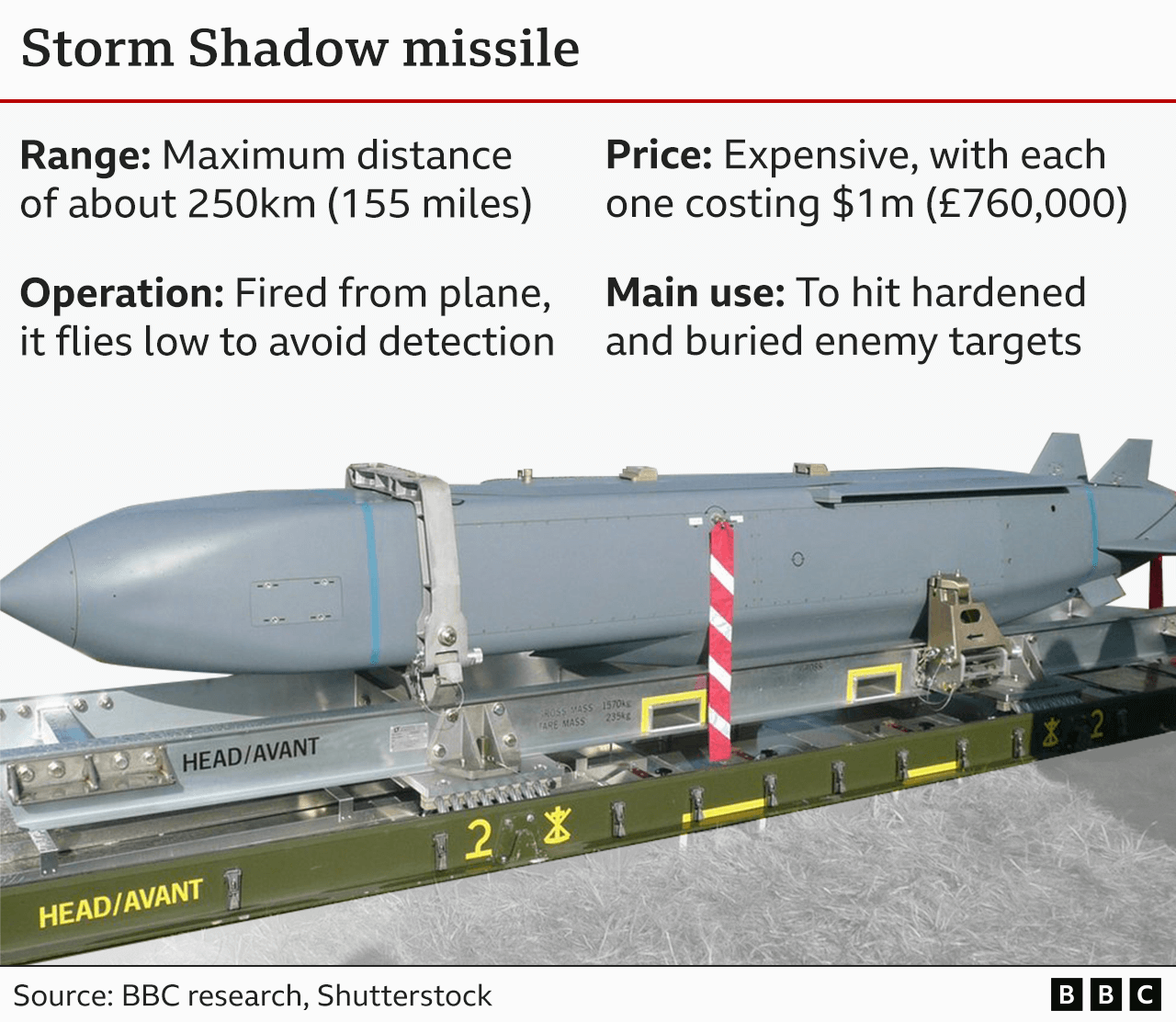
Asked if he was intimidated by Putin's threats of a potential war with Nato, Sir Keir said "the quickest way to resolve" the war in Ukraine "lies through what Putin actually does".
Sir Keir said the White House meeting with Biden was an opportunity to discuss the strategy in relation to Ukraine, "not just a particular step or tactic".
The pair also discussed the situation in the Middle East, where the Israel-Gaza war has been raging for nearly a year, and "other areas across the world", Sir Keir added.
He told reporters they would get another opportunity to discuss these issues at the United Nations General Assembly next week.
In a separate briefing on Friday, ahead of the two leaders' meeting, US National Security Council spokesman John Kirby said Washington was not planning any change in the limits it has placed on Ukraine's use of US-made weapons to hit Russian territory.
Earlier on Friday, Moscow expelled six British diplomats, revoking their accreditation and accusing them of spying.
The country's security service, the FSB, said in a statement it had received documents indicating Britain's involvement in inflicting "a strategic defeat" on Russia. The accusations were dismissed by the UK Foreign Office as "completely baseless".
In an interview with the BBC, UK defence analyst Justin Crump said Putin was testing the new Labour government and the outgoing Biden administration.
"Ultimately Russia already supplies weapons to the UK's adversaries, and is already engaged in 'active measures' such as subversion, espionage, sabotage, and information/cyber operations against Nato members' interests.
"This may all accelerate, but picking a fight against all of Nato is not something Russia can afford given how hard they're struggling against just Ukraine," Mr Crump added.
Also on Friday, the US announced new sanctions against the Russian media channel RT, accusing it of being a "de facto arm of Russia's intelligence apparatus".
The top US diplomat, Antony Blinken, told reporters RT is part of a network of Russian-backed media outlets, which have sought to covertly "undermine democracy in the United States".
In response to US allegations that RT had sought to influence elections, the broadcaster's editor-in-chief Margarita Simonyan - who was sanctioned by the US last week - said they were excellent teachers, adding that many RT staff had studied in the US, and with US funding.
Russia's foreign ministry spokeswoman, Maria Zakharova, said there should be a "new profession" in the US, of specialist in sanctions imposed on Russia.
Related topics
- Published13 September 2024
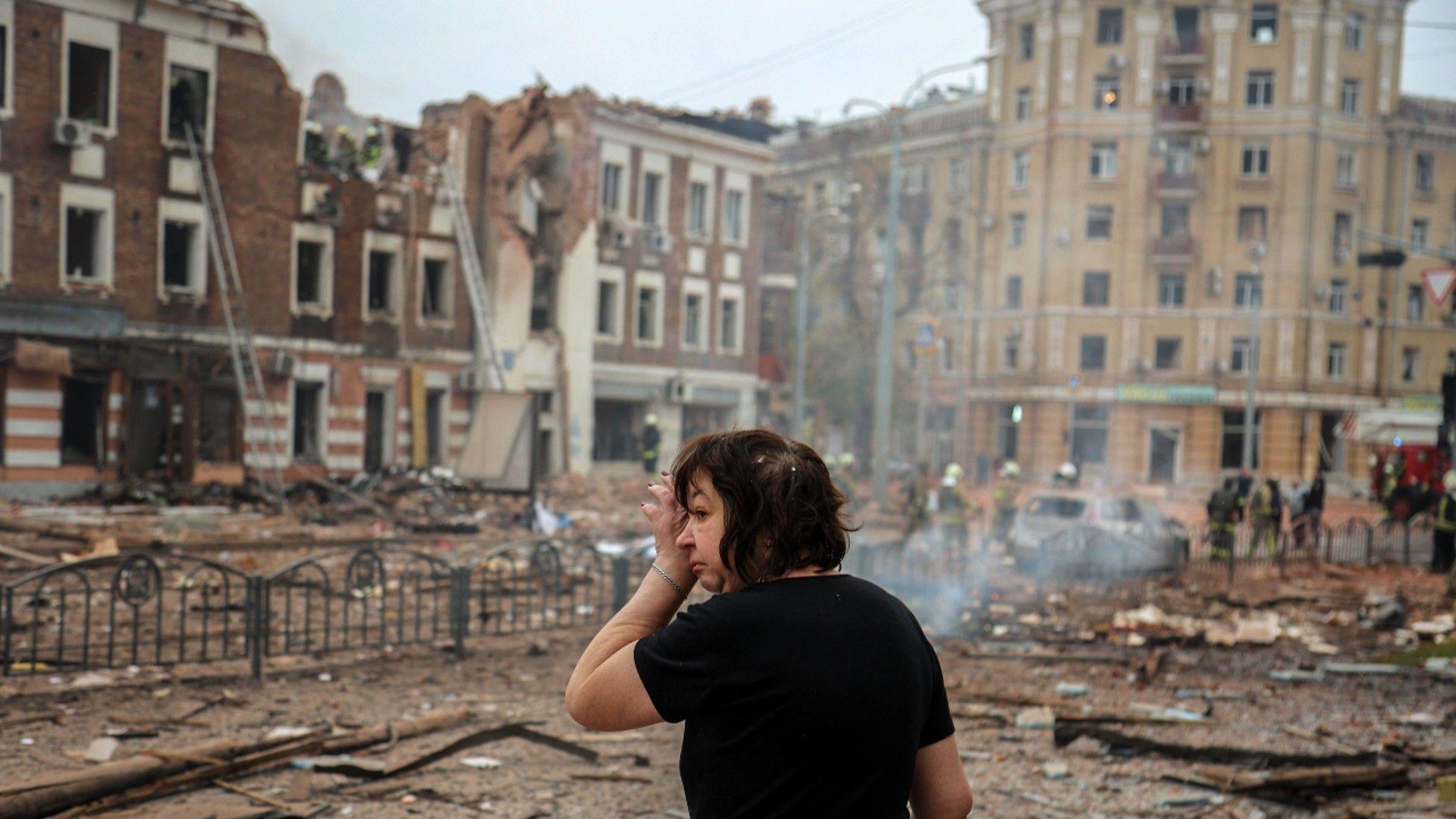
- Published13 September 2024
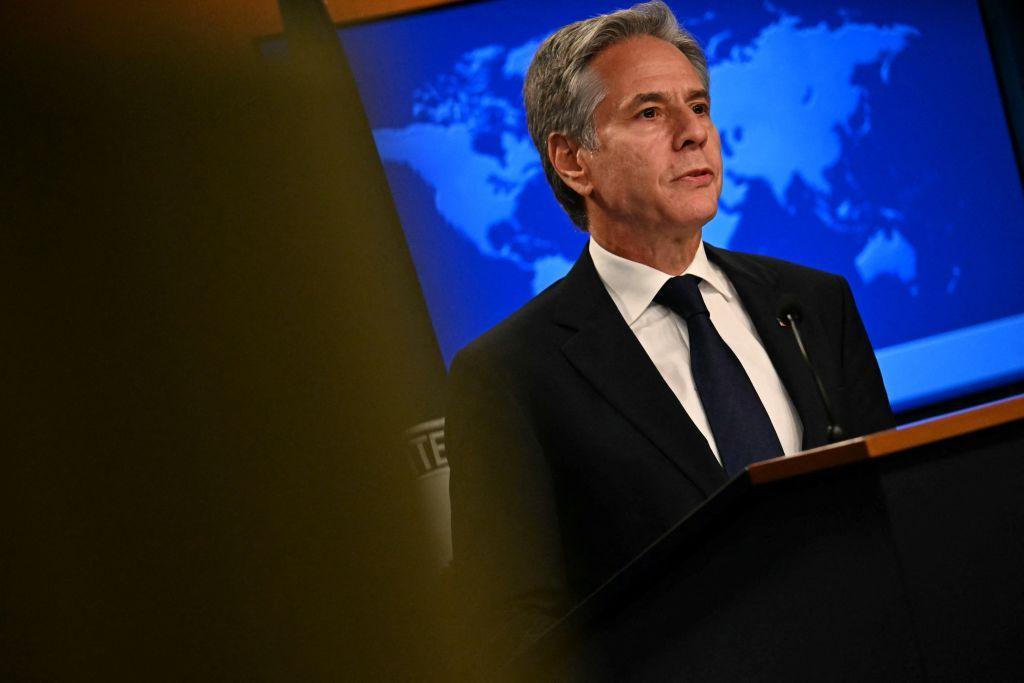
- Published13 September 2024
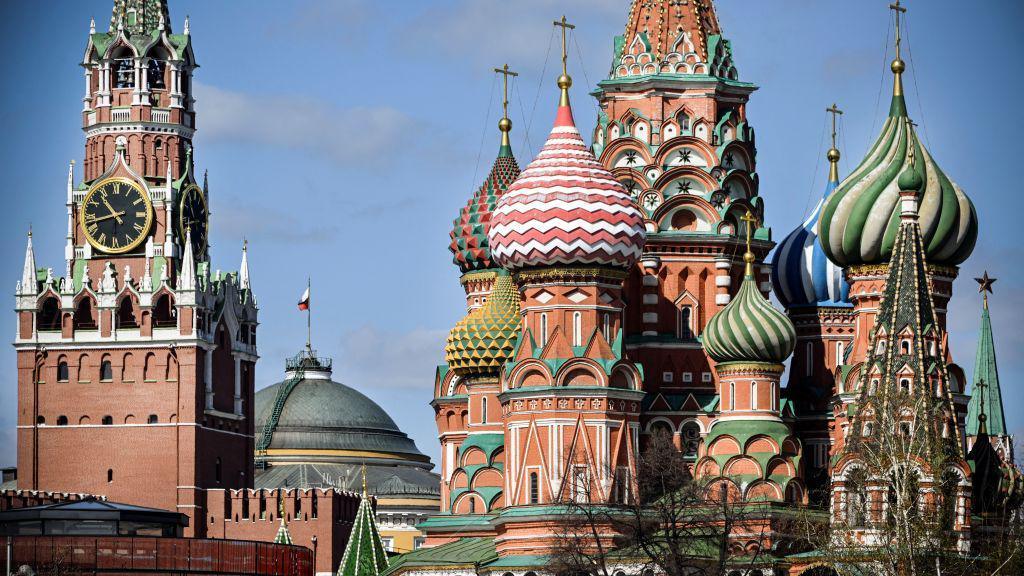
- Published11 September 2024
